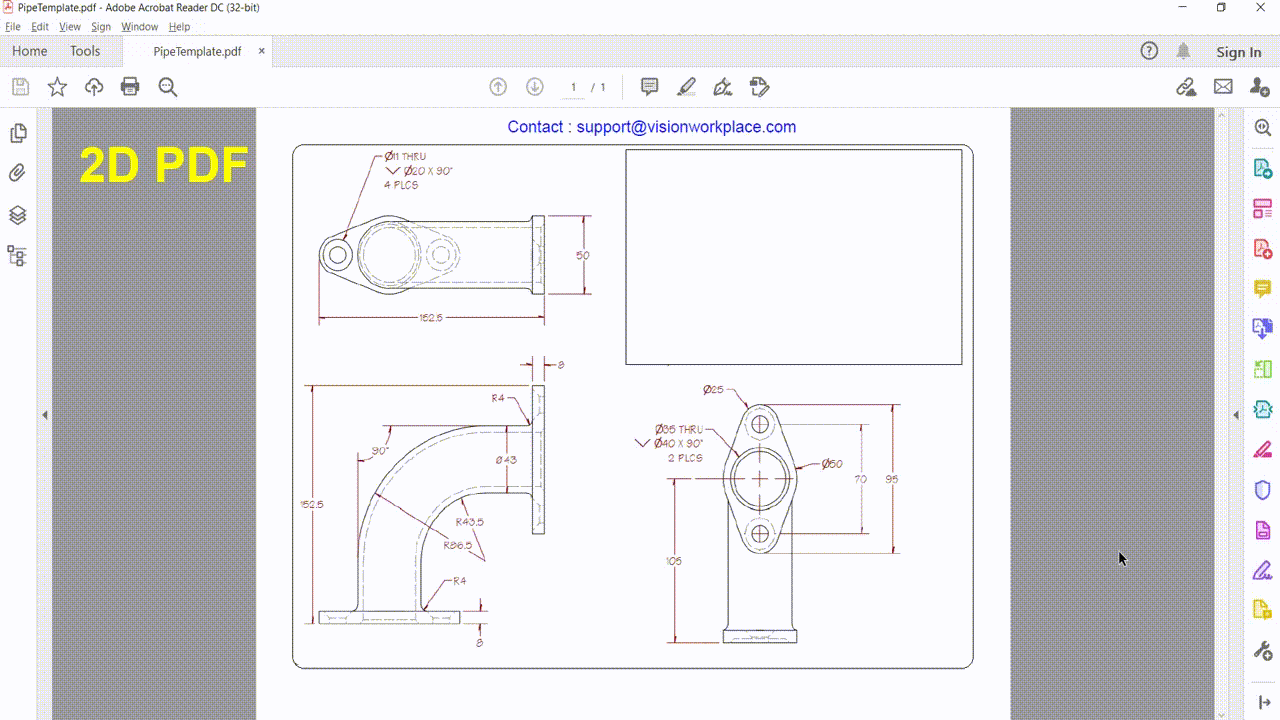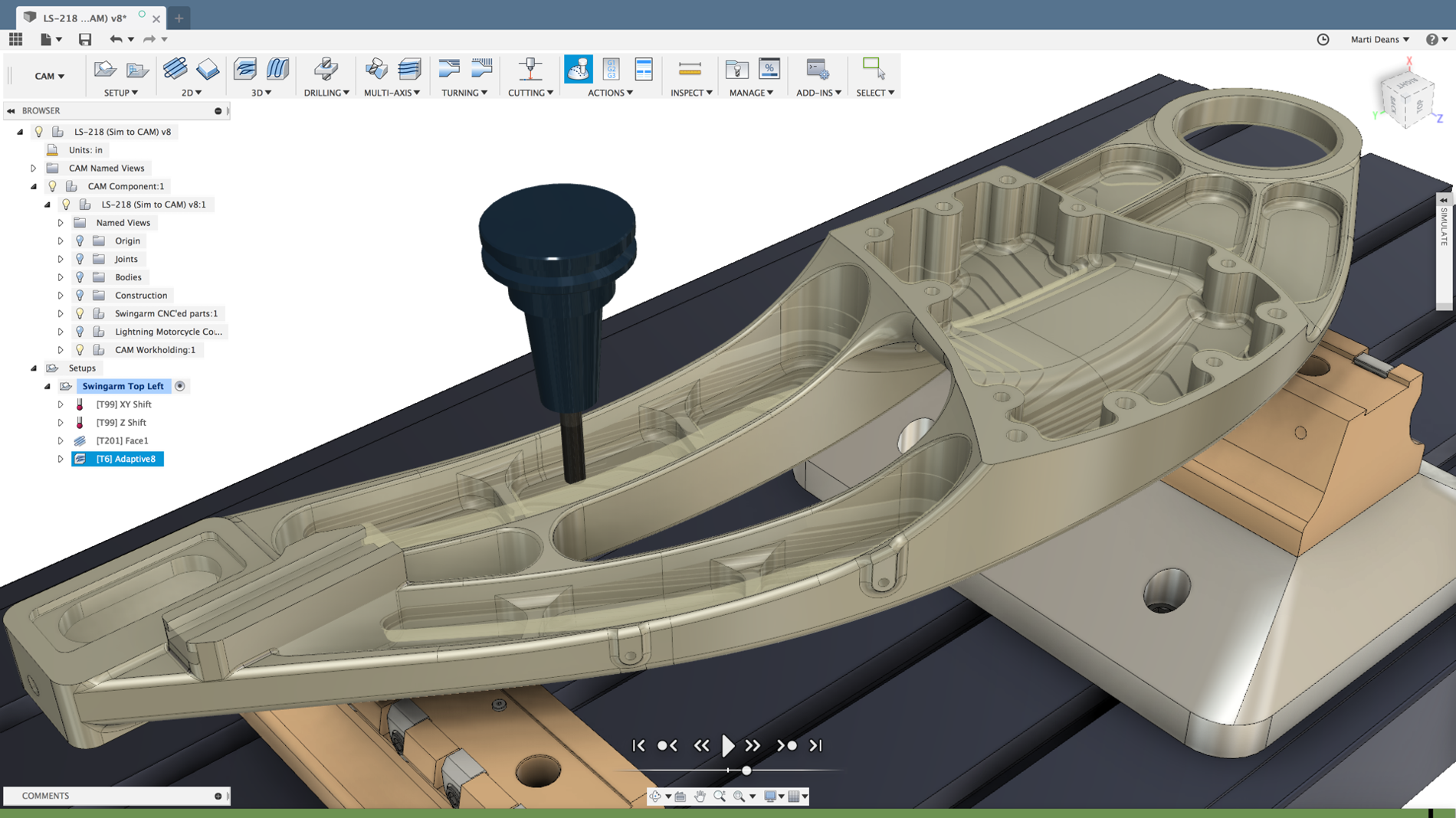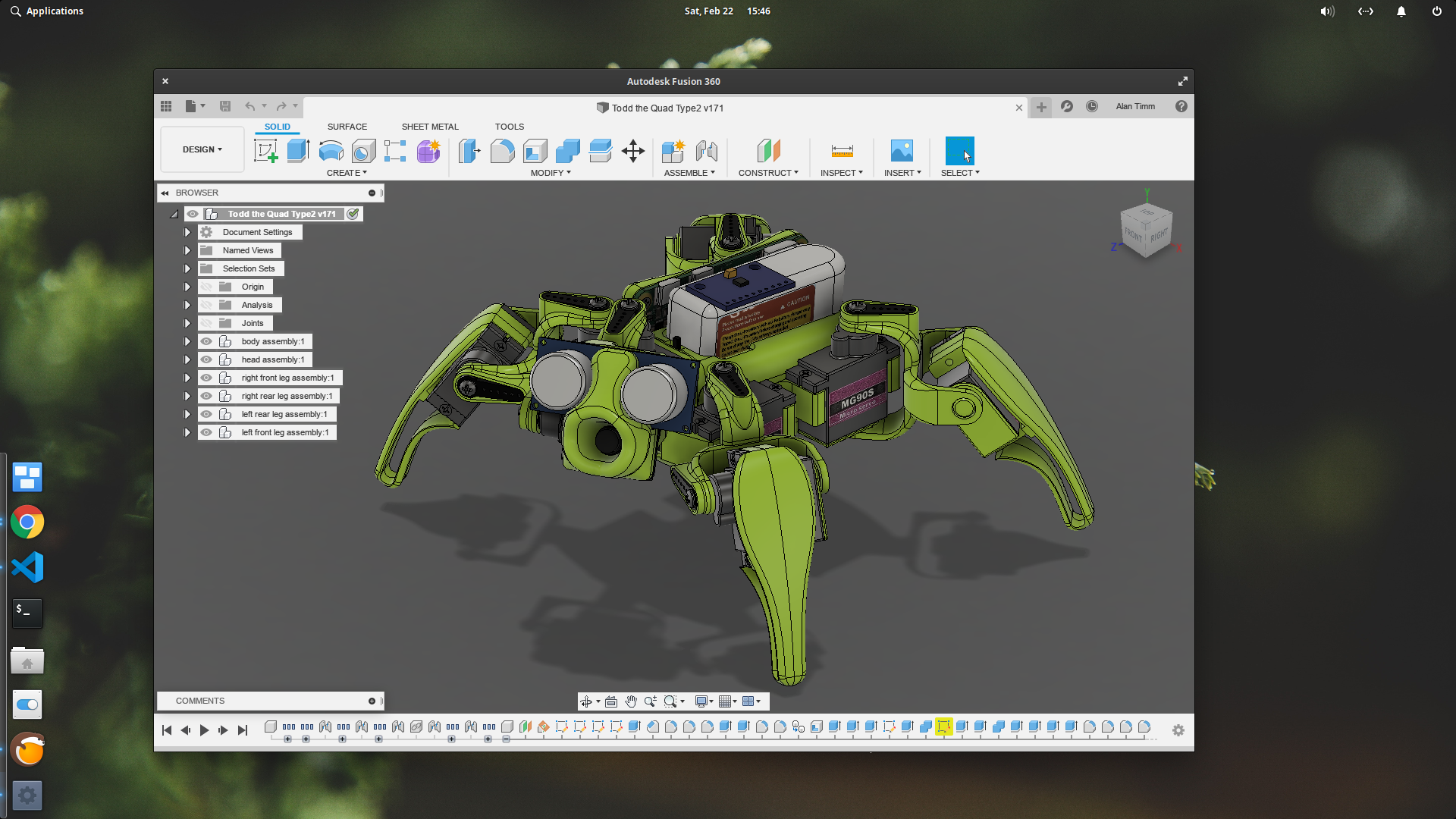

Lesson 6 – Connect Components using Joints to build a Mechanism

Add Work features to make a platform for geometry.Insert holes to a component using a Pattern tool.Modify components created by other contributors.Lesson 5 – Create a Component Body using Revolve, Extrude and Pattern Features Use Combine tool to remove the Candy from the Base and create another new Component that shows the result.Use Box Primitive to create a Mold Base larger than the candy.Build a simple Mold using solid modeling tools.Lesson 4 – Create a Mold using Primitives and Export it for 3D Printing Select an Environment to change the design window appearance.
Autodesk fusion 360 login how to#
Learn how to select different Visual Styles.Lesson 3 – Visualization options for Fusion 360 Interface Save a version of the model for later use.Finish Form converts closed T-Spline body to a Solid and prepared model for next steps.Crease will break continuity between faces at a selected edge.Alt key will add edges in the context of dragging.3 vertical segments and 10 radial is suggested to match the demonstration video.Create T-Spline Cylinder ~25mm in diameter.Use a T-Spline primitive to begin a model.Review design window interface elements.Lesson 2 – Creating a Freeform shape using T-Splines technology Use of Dashboard elements including preview of file.Scan file data without the need to open the design.Create a new working project connecting to other users.Explore the Fusion 360 Dashboard environment.

Outline Lesson 1 – Introduction to the Fusion 360 Dashboard and Projects When complete the student will have created a Chocolate treat, its mold, imported and modified solid model data, created bodies and components that form a mechanism, created orthographic drawings and exported a STL file of a component for production on a 3D printer. The intention of the lessons is to allow the student to feel comfortable with the Autodesk Fusion 360 interface, by building simple, creative, and accurate parts and then joining the components to act as an assembly. These lessons are intended to cover the most fundamental commands that are required to create sketches, parts, assemblies, basic 2D drawings and a STL files for output to a 3D printer. In addition to developing 3D models this course will expose students to importing and manipulating data from other design systems and creating output to additive manufacturing systems. The following hands-on exercises will provide the skills necessary to develop basic knowledge of environment management, 3D modeling, assembly connections and other stills key to learning Fusion 360. A moderate understanding of computer operations is essential to completing this class as the majority of the learning is performed on a computer.
Autodesk fusion 360 login professional#


 0 kommentar(er)
0 kommentar(er)
